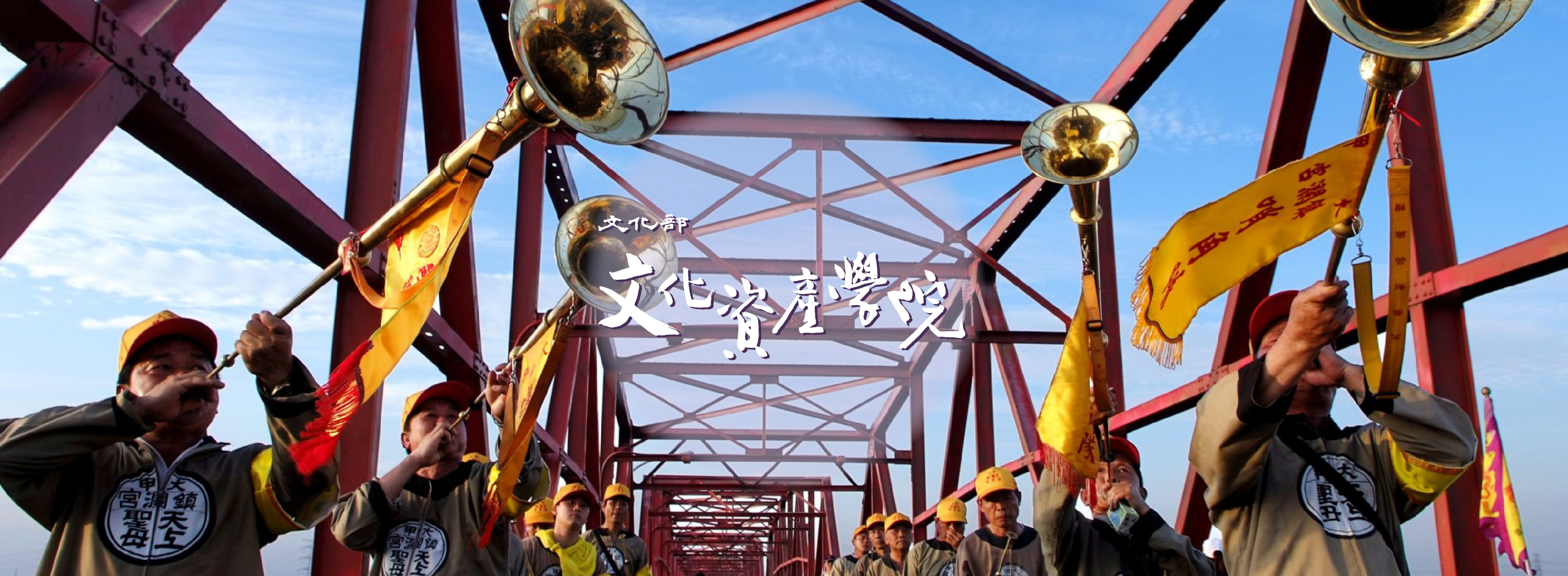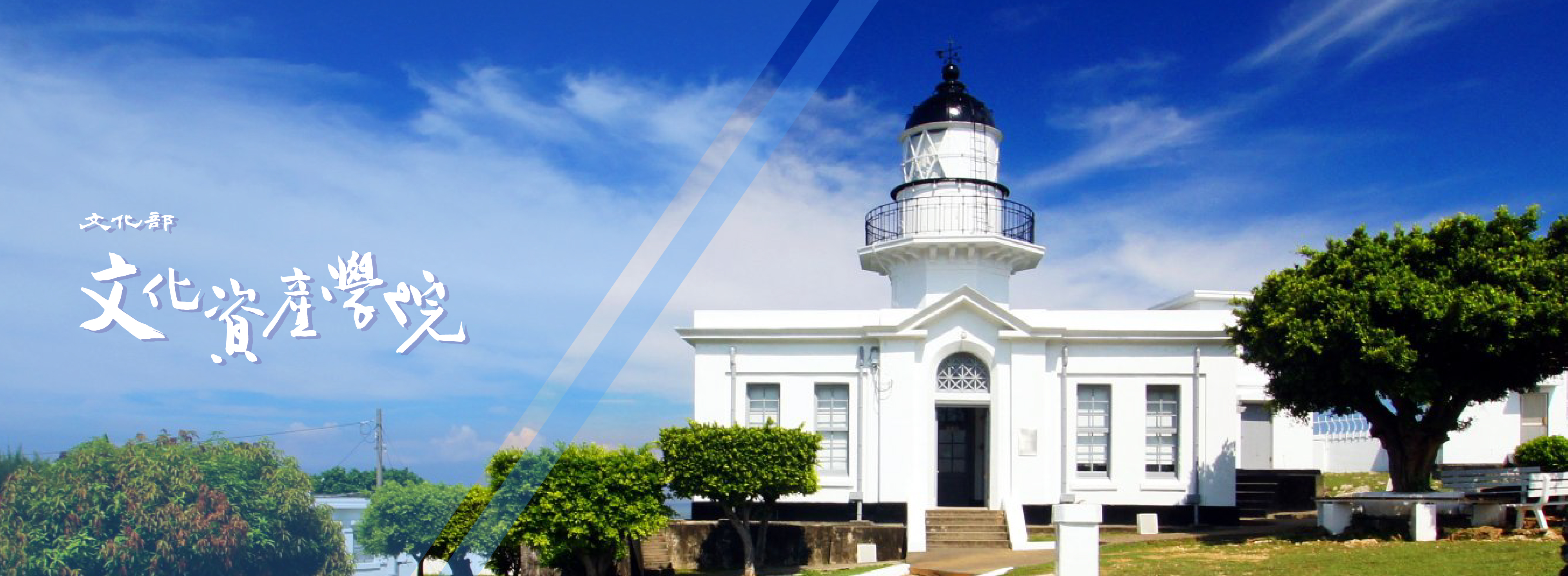Training cultural workers and improving the soft power of cultural assets
How a country preserves cultural heritage reveals how that country sees its history, how it interprets the status quo, and how it faces the future. Considering these elements, the College of Cultural Heritage was founded to establish a sound and complete learning environment as a foundation for cultivating professional cultural heritage experts by integrating public and private resources, and a subsidy system. The college hopes to coordinate a training program that involves not only the preservation and management of cultural heritage but also education. In addition, it tracks and manages its cultural workers’ career developments to improve the overall capacity of the country's cultural human resources and further increase the country's soft power by systematically preserving its cultural heritage.
The College of Cultural Heritage aims to become a training center for cultural workers on the national level, hoping that Taiwan's cultural heritage will be better preserved. The college provides a professional and diverse training program that involves cultural asset vocational-skill assessment and information exchange between countries. Via its partnership with various universities, professional teams, NGOs, the Ministry of Education, and the Ministry of Labor, the college coordinates a cooperation scheme between the industry, government, academia, research institutes, and the public that facilitates cultural workers' career advancement by building capacity assessment mechanisms at various levels. Ideally, the strategy will enable cultural workers to put their education to best use.
Aside from creating an excellent learning environment, the College of Cultural Heritage hopes that the public will appreciate its hard efforts in promoting relevant education, industry-academic cooperation, research, and propaganda, and better understand Taiwan's cultural assets. This helps lay a firm foundation for the preservation of cultural property.






